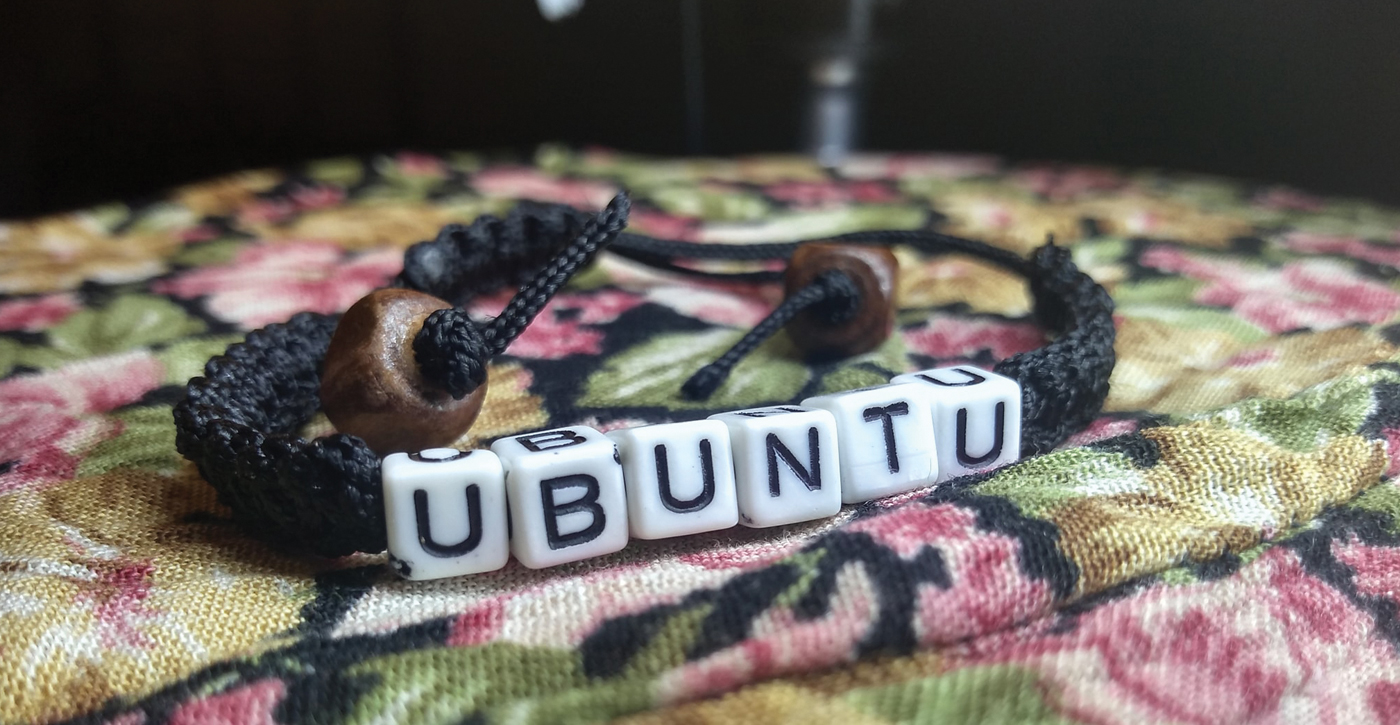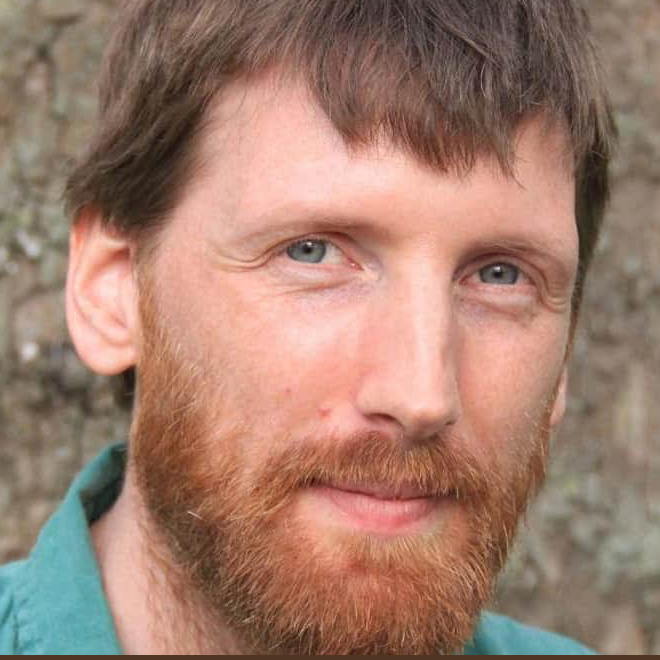One of the joys of being part of Friends World Committee for Consultation (FWCC) is to be immersed in the ways that Quakerism is expressed in different parts of the world.
Since taking part in Southern Africa Yearly Meeting sessions earlier this year, I’ve been finding out more about the word ubuntu, which is centrally important to Friends there. I had some familiarity with ubuntu before then, largely thanks to Desmond Tutu’s writings, but the yearly meeting let me experience it.
Simply put, ubuntu refers to the recognition that “a person is a person through other persons,” or more succinctly “I am because we are.” It means everyone is worthy of dignity and respect, and that the community has a responsibility to ensure that all have what they need.
It also has a more profound meaning related to the intrinsic interdependence between all people. The root ntu can be taken to mean both “human being” and “God’s being.” Eco-ubuntu reminds us of the flow of matter and energy between all creatures and organisms.
In Southern and Central Africa’s book of faith and practice, ubuntu is described as being rooted in the “invisible circuit of connection between us all.” The book, called Living Adventurously, describes both the experience of a Quaker meeting for worship and the equality within the Quaker community as actualizations of ubuntu.
In its theological form, ubuntu helps articulate that part of Christianity, found across denominations, that rejects colonialism, apartheid, and capitalistic individualism, and instead emphasizes community, justice, and peace. For Friends, there is an obvious resonance with the belief that there is that of God in everyone.
In 2024, the first Quaker World Plenary Meeting in almost a decade will take place in South Africa, hosted by Southern Africa Yearly Meeting. The theme is “Living the Spirit of Ubuntu: Responding with Hope to God’s Call to Cherish Creation and One Another,” which reflects the ways of expressing our faith used by our hosts.
Inspired by Southern African Friends, I’ve been fascinated to hear Friends from other places reflect on what ubuntu means to them. I will share three reflections here:
For FWCC Africa Section clerk Bainito Wamalwa, who is from Kenya:
Humankind was made as one, in God’s image (Genesis 1:26). Before Jesus finalized his ministry on this earth, he prayed for our unity (John 17:21–23). . . . This invisible unity can be likened to the unity between the Father, the Son, and the Holy Spirit. However small in number Quakers are, our voices and actions can be loud enough to live the principles of ubuntu.
For Eduard Dommen, a Friend from Switzerland:
Every creature in creation is shaped by what is around it. . . . Every human is shaped by the entirety of its surroundings, living and other. The climate shapes us as does the cycle of day and night. Our eyes have strengths and weaknesses different from those of moles or owls. No human being or other animal is an individual. Each is a vast community of beings.
In their recent monograph, Quakers, Ecology, and the Light, Cherice Bock and Christy Randazzo draw links with the theology of Korean Friend Ham Sok-Hon:
Similar to the development of ubuntu theology from the lived experience of division within a society, the “reunification theology” of Ham Sok-Hon reflects both the irremovable contextuality of the Korean situation of division as well as the ways that theologies can utilize the flexibility of metaphor to apply universal theological constructs to bridge theological and contextual divides.
Through all this, I also keep in mind a warning from the Friend who spoke up at Southern Africa Yearly Meeting advising Friends not to be starry-eyed: South Africa today ranks as the most unequal country in the world. Even in the place where the word ubuntu originates, it isn’t always put into practice.
Acutely aware of the violent effects of inequality and environmental degradation in their country, Friends in South Africa are seeking to manifest ubuntu by calling for systems of clean and abundant energy. They also advocate a universal basic income in order to better use the proceeds of the country’s significant but unequally shared wealth and to ensure that all have access to a dignified life.
After the yearly meeting session I was given a simple bracelet that spelled out the word ubuntu; it was made by a Friend from Zimbabwe. The conversations this has prompted have amply demonstrated that, aside from the computer operating system of the same name, the word ubuntu is not well known outside Africa.

Image by Lynn Finnegan.
This World Quaker Day we all have a chance to do something about that. Everyone is invited to not only learn about the relationship between ubuntu and Quakerism, but also reflect on what it might mean to you, wherever you are. Those who feel moved to share the fruits of their contemplation with FWCC may see their words in the World Plenary Study Guide, to be published prior to the meeting in 2024.
Kenyan Friend Bainito Wamalwa goes so far as to wonder whether ubuntu might be “named within our core values while making it a summary of them all. This can go beyond the understanding of ubuntu being an African concept but a global concept that calls all of us to action.”




Comments on Friendsjournal.org may be used in the Forum of the print magazine and may be edited for length and clarity.